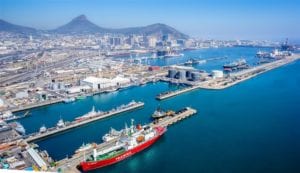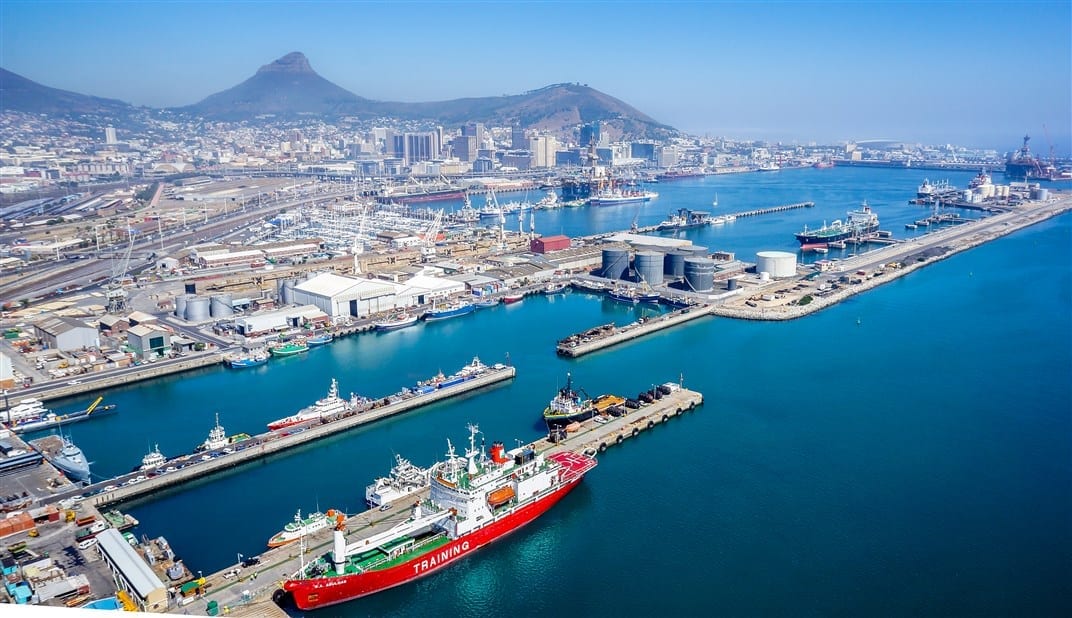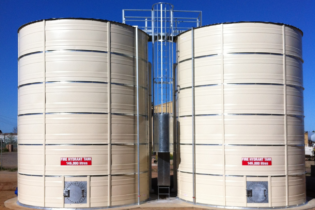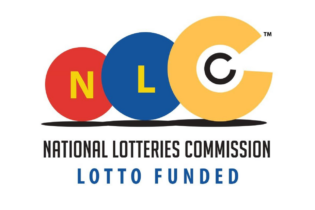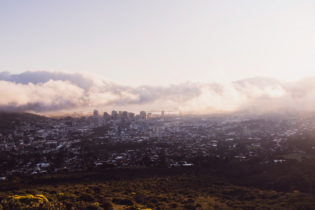Why Cape Town is intensifying restrictions
Xanthea Limberg, the city’s mayoral committee member for Informal Settlements, Water and Waste Services, and Energy said the restrictions have to be introduced due to the severe drought that is being experienced. This was amplified by the repeated failure to reach the intended water savings target of 800 million litres of collective water use per day. On 23 January, the average consumption was 80 million litres above the target, and dam levels had dropped to 40.4%, Limberg said.“It must be borne in mind that it is very difficult to extract the remaining 10% of a dam’s capacity,” she said. “The city must therefore urgently further intensify the current restriction measures by introducing Level 3b restrictions.”
She said the approval of 3b fine scheduled by the Magistrates’ will be in place shortly. As part of the fine schedule, a higher amount of R5 000 has been proposed for spot fines.Level 3 restrictions include the following:
- Watering or irrigation (with drinking water from municipal supply) of gardens, lawns, flower beds and other plants, vegetable gardens, sports fields, parks and other open spaces is allowed, only if using a bucket or watering can.
- No use of hosepipes or automatic sprinkler systems is allowed. Watering times are not restricted, however residents are urged to limit their watering to the mornings and evenings.
- No watering or irrigation is allowed within 24 hours of rainfall that provides adequate saturation. Facilities or customers making use of boreholes, treated effluent water, spring water or well-points are not exempt.
- Washing (using potable water) of vehicles and boats only is allowed if using a bucket.
Level 3b restrictions include the following:
- Watering or irrigation (with municipal drinking water) of flower beds, lawns, vegetables and other plants, sports fields, parks and other open spaces is allowed only on Tuesdays and Saturdays before 9am or after 6pm for a maximum of one hour per day per property, and only if using a bucket or watering can.
- No use of hosepipes or any sprinkler systems allowed and no watering or irrigation is allowed within 48 hours of rainfall that provides adequate saturation.
- Facilities or customers making use of boreholes, treated effluent water, spring water or well-points are not exempt.
- No washing of vehicles or boats using municipal drinking water is allowed at residential/business/industrial properties. Vehicles and boats must be washed with non-potable water or washed at a commercial carwash.
- No irrigation using potable water will be permitted at any of the city’s facilities and no increase of the indigent water allocation over and above the free 350 litres a day will be granted, unless through prior application and permission.

